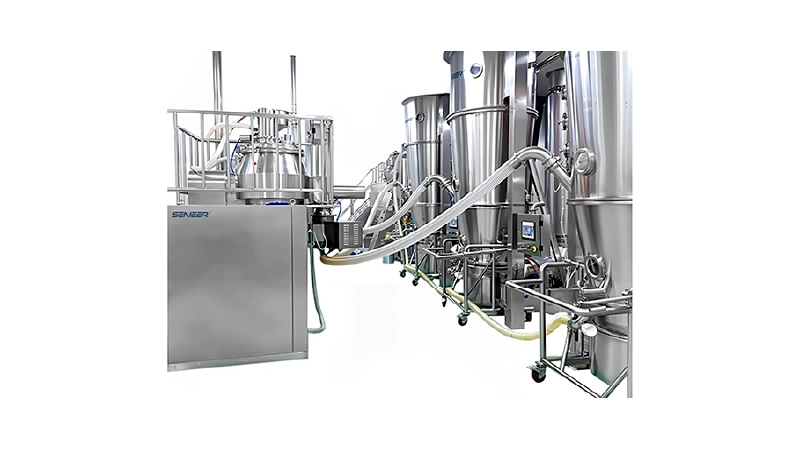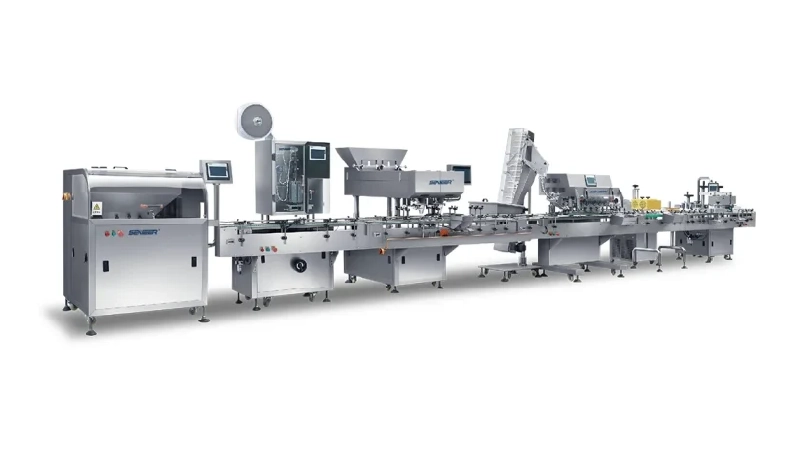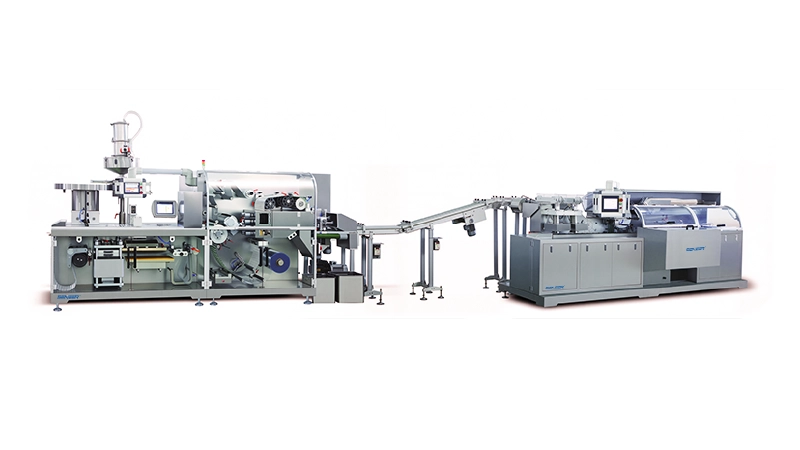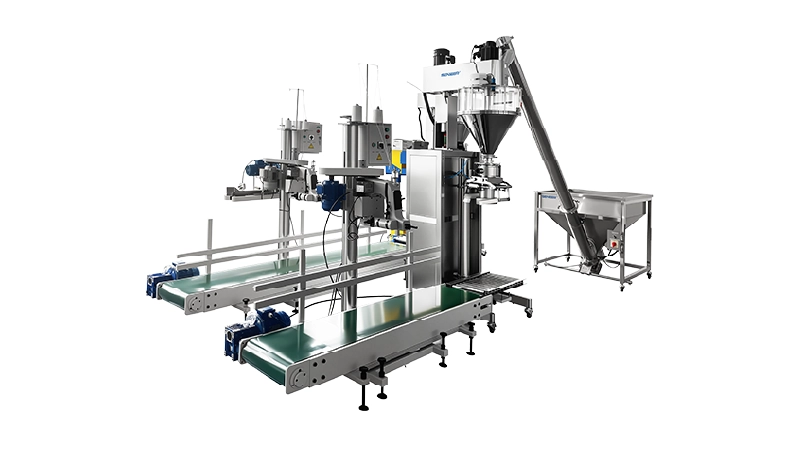The pharmaceutical industry has a wide range of equipment and performance – equipment management is particularly important to ensure that the pharmaceutical manufacturing process and quality of the drug comply with the requirements of Good Manufacturing Practice (GMP). For excellent equipment managers, if they want to manage the equipment work of an enterprise above a large scale, they must not only have a solid theoretical foundation (with professional knowledge of pharmaceutical machinery, traditional Chinese medicine machinery, chemical machinery, HVAC equipment, etc.), but also have the spirit of craftsmen who adhere to the production line. “On paper, I finally feel shallow, and I know that this matter must be done”, the knowledge of equipment management mainly relies on the accumulation of practical experience, and actively participates in the actual work of the equipment in the workshop, in order to become a qualified equipment manager.
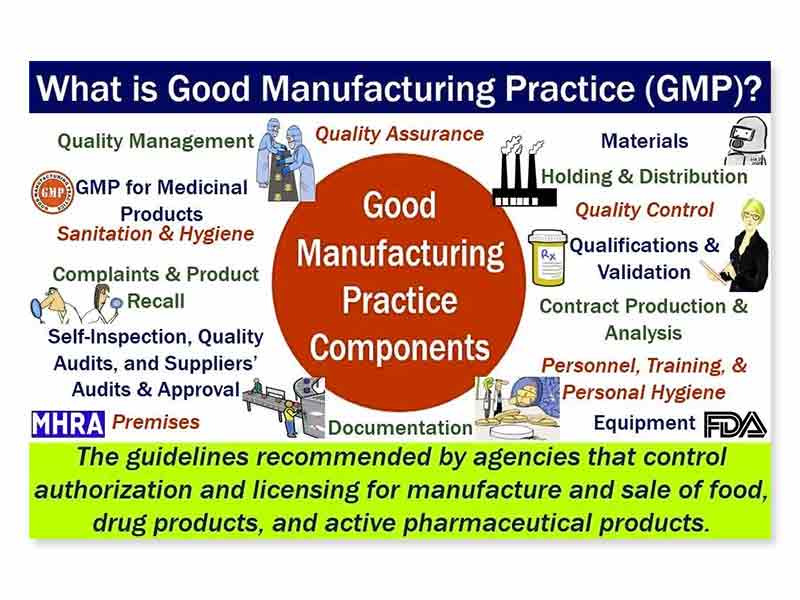
Device Management Content
Equipment management refers to the technical management and economic management of all kinds of equipment owned by the enterprise, including production process equipment, auxiliary equipment, facilities, etc. The quality of the product depends to a large extent on the normal operation of the machinery and equipment. Equipment is the key to production, equipment management will directly affect the company’s economic benefits. If the equipment management is done well and the machinery and equipment are used correctly and rationally, the labor efficiency can be continuously improved, and the repair cycle and service life of the machinery and equipment can be extended, thereby reducing the depreciation cost, maintenance cost and production cost of the equipment.
The purpose of equipment management is to establish equipment management organization and responsibility system, standardize the whole process of equipment and facilities selection and purchase, installation and commissioning, use and maintenance, maintenance, repair and transformation, change and scrapping, ensure that the equipment is in a controlled state throughout the life cycle, and avoid cross-contamination, confusion and error in the production process to the greatest extent.
Equipment Management Policy
(1) Take efficiency as the center, adhere to relying on science and technology, and promote the improvement of production efficiency;
(2) Second, equipment maintenance is based on prevention.
Principles Of Device Management
Follow the five basic principles of combining design, manufacturing and use, maintenance and overhaul, repair and renovation and renewal, professional management and mass management, technical management and economic management.
Tasks For Device Management
Manage, use and repair the equipment well, so that the production equipment is always in the best condition. Strengthen routine maintenance, preventive inspections and repairs of equipment. For the introduction of “high, large, fine, thin” equipment, we should master the operation and maintenance technology as soon as possible.
Device Management Method
(1) Purchase equipment in accordance with the principles of advanced technology, safety, reliability and economic rationality.
(2) Reasonable use, meticulous maintenance, to ensure that the machinery and equipment is always in the optimal state.
(3) Attach importance to and do a good job in energy saving and transformation of equipment.
(4) Master the equipment maintenance technology, and do a good job in the maintenance and repair of the equipment in time.
(5) Do a good job in the asset management of equipment, implement the verification of measuring instruments, pressure vessels and other inspected equipment, build a full equipment file, so that it can be checked at any time, and there is a basis for checking (account card matching, recording, drawing, certificate, description, contract, image, transfer status, etc.).
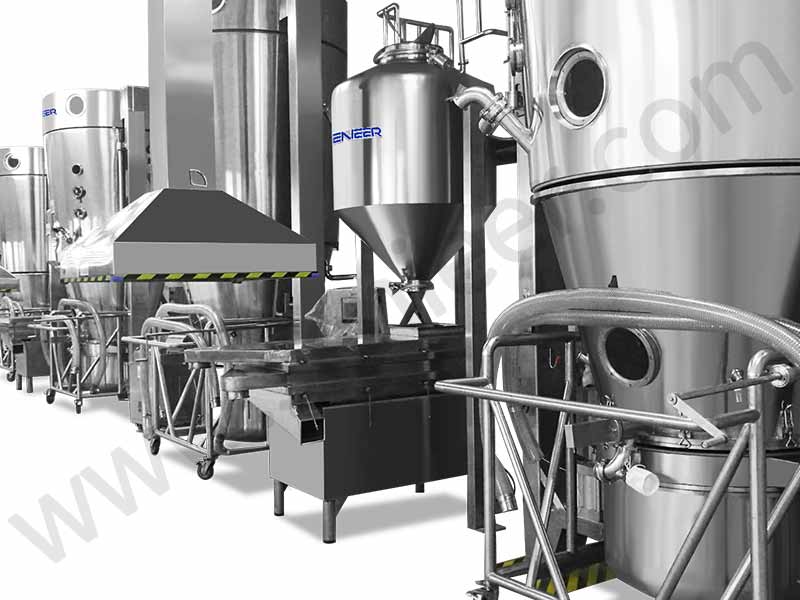
Device Management Operational Guidelines
Equipment operators should follow the requirements of “three good” and “four meetings” and the “five disciplines” in the operation process in the equipment management work.
“Three Good” Requirements For Equipment Operators
(1) Manage the equipment well: the operator should be responsible for managing the equipment they use, without the approval of the leader, not allowing others to operate and use.
(2) Use equipment well: strictly implement the operation and maintenance procedures and process regulations, do not overload the use of equipment, and eliminate uncivilized operation.
(3) Repair the equipment: the equipment operator should cooperate with the maintenance personnel to repair the equipment and eliminate the equipment failure in time.
The “Four Meetings” Requirements For Equipment Operators
(1) Will use: the operator should understand the equipment operation, maintenance procedures, familiar with the equipment performance, principle, structure, implementation of technical requirements, the correct use of equipment.
(2) Maintenance: regular maintenance of equipment, master lubrication regulations, keep the equipment inside and outside clean, intact.
(3) Inspection: understand the structure, performance and vulnerable parts of the equipment used, be familiar with daily inspection, master inspection items, standards and methods, and carry out daily inspection according to the requirements.
(4) Will troubleshoot: familiar with the characteristics of the equipment used, understand the disassembly precautions and identify the normal and abnormal phenomena of the equipment, will carry out general adjustments and simple troubleshooting, they can not solve the problems in time to report, and cooperate with maintenance personnel to eliminate.
The “Five Disciplines” Of Equipment Operators
(1) Implement the fixed personnel and machine, use the equipment with the post operation certificate, and comply with the safety operation procedures.
(2) Keep the equipment clean (the shaft sees the light, the ditch sees the bottom, the equipment sees the true color), refuels according to the regulations, and ensures the reasonable lubrication of the equipment.
(3) Comply with the shift system.
(4) Manage tools and accessories well and must not be lost.
(5) If an abnormality is found, it should be stopped for inspection immediately, and the problems that cannot be handled by themselves should be notified to the relevant personnel in time to check and deal with it. Significance: Reasonable personnel operation can ensure the normal operation of the equipment, reduce failures, and prevent accidents.
Maintenance Of Equipment
The maintenance of equipment is an important part of equipment management, and it is also one of the important work contents of operators. A well-maintained piece of equipment can often maintain good performance for a long time without major repairs, such as neglecting maintenance may lead to damage to the equipment in a short period of time, or even accidents.






